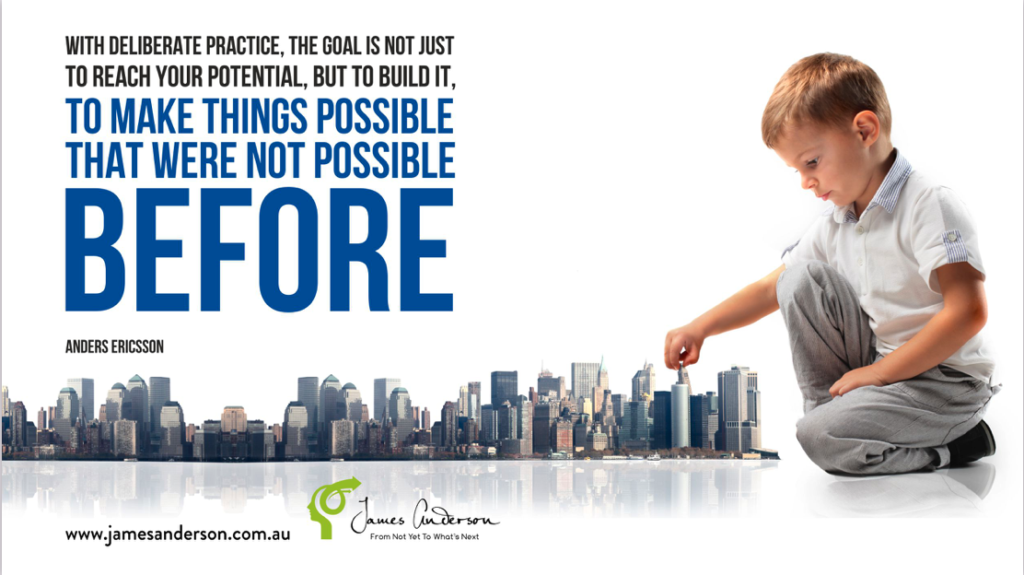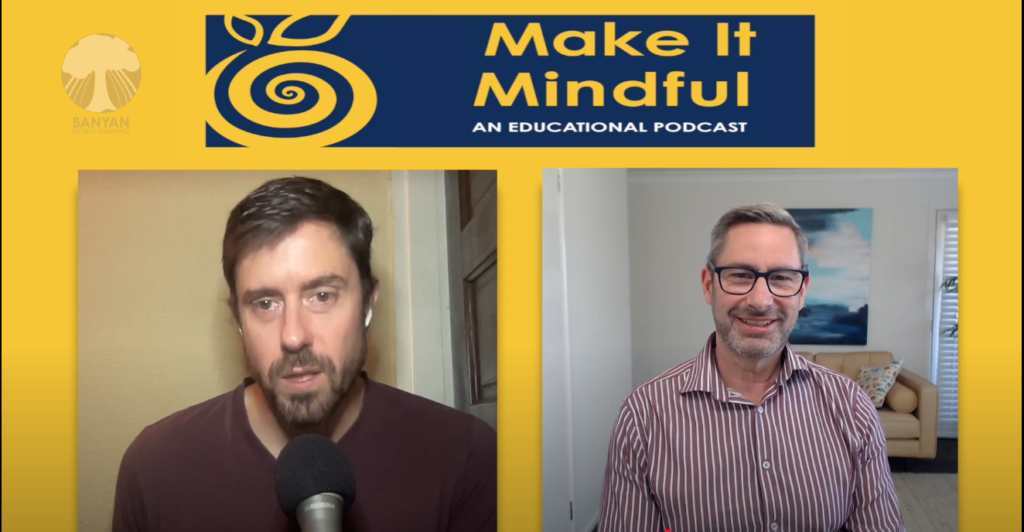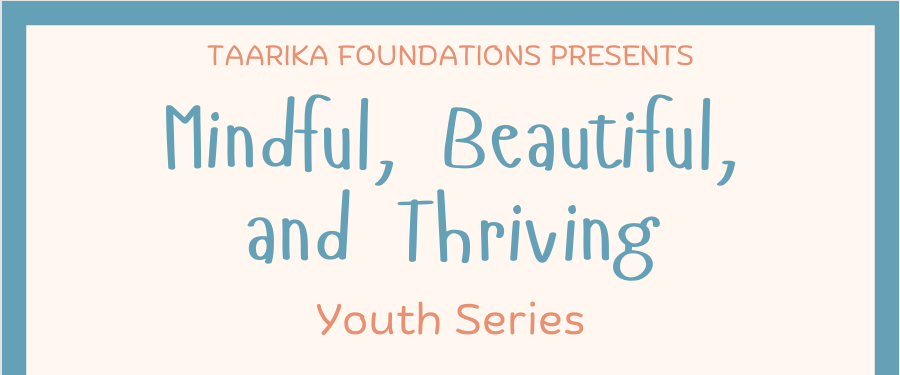What’s the solution to poor student performance?
Better teaching—right?
That’s what we’ve been told for years. If students aren’t succeeding, we need more effective strategies. Stronger pedagogy. Higher-impact instruction. Quality teaching.
And to be clear, none of that is wrong.
But it’s not the whole story.
Because you can have expert teaching happening in every classroom—evidence-based, well-planned, precisely delivered—and still have students who aren’t getting better.
That’s the part we don’t talk about enough.
Because doing school isn’t the same as learning. And even learning isn’t enough if it doesn’t lead to growth.
The invisible problem is this: We don’t have a teaching problem. We have a learning problem.
The Learning Equation
We’ve created a system that focuses relentlessly on what teachers do. But we’ve paid far less attention to what students do with the teaching they receive.
Growth = Skilful Teaching × Skilful Learning
It’s not one or the other. We get maximum growth when skilful teaching is partnered with skilful learning.
But right now, the second half of that equation—skilful learning—isn’t getting the airtime it deserves.
Busy doesn’t mean better
In classrooms everywhere, students are working. They’re filling out worksheets. Completing assessments. Finishing homework. Doing what’s asked.
But being busy doesn’t mean they’re growing. And being productive doesn’t mean they’re becoming more skilful learners.
The question isn’t “Are students completing the work?” The question is, “Is the work changing them?”
The difference that makes the difference
Here’s what skilful learners do that others don’t:
- They seek out challenge, not just cope with it.
- They treat effort as an investment, not a tax.
- They view feedback as forward-looking, not fault-finding.
- They reflect, adapt, and refine—rather than repeat, react, or retreat.
These are not natural tendencies. They’re learned behaviours. And they don’t develop automatically just because a student attends school.
That’s why we need to name—and teach—the skill of learning itself.
Learnership: The missing capability
We’ve spent the past decade defining and developing the skill of teaching. Now we need to do the same for learning.
I call it Learnership—the expertise a person develops in learning how to learn.
It’s what allows students to:
- Take ownership of their learning
- Improve how they respond to challenge
- Build agency over time—not just motivation in the moment
Learnership isn’t a label. It’s not a mindset type. It’s not a talent you’re born with. It’s a skillset. And it can be developed.
o what do we do next?
If your students—or your own children—are working hard but not improving, it’s time to shift the question:
Are they merely learning—or are they becoming skilful learners?
Because learning isn’t the goal. Growth is. And growth only happens when students become more skilful at learning itself.
What skills do you see your strongest learners consistently demonstrating? And how deliberately are you teaching these to all students?



